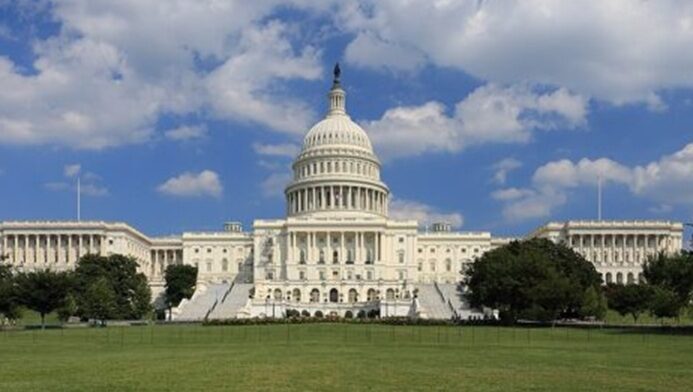Today the U.S. House of Representatives unveiled a major tax overhaul bill, which appears to leave few parts of the tax code untouched. However, it kept a relatively light touch on the Investment Tax Credit (ITC), the main federal policy support for the U.S. solar industry, at least for the next decade.
Under the bill the ITC will retain its 30% value through 2019 and step down to 10% by 2022, per a deal reached in late 2015. A clause that allows projects under construction to claim the credit has been altered to require a program of continuous construction, which will not affect projects until the credit begins to step down in 2020.
The bill does end the 10% ITC for projects that begin construction after 2027; however many industry analysts believe that with the current rate of cost declines there will be limited need for such a credit a decade from now.
More significant changes could come to the market for tax equity due to multiple changes in the tax code, including a reduction in the corporate tax rate to 20%. However, Gregory Jenner, former acting assistant secretary for tax policy and a partner at Stoel Rives, says that there are too many potential changes for the outcome to be clear at this time.
“It could potentially reduce the amount of tax equity available,” Jenner told pv magazine. “There are a lot of other changes that could affect the tax liability going the other way. You just don’t know what affect all of these changes will have.”
One of the potential effects noted by Jenner is that the proposed lower corporate tax rate would decrease the value of depreciating solar assets, thus potentially lowering the appetite for tax equity investments.
Wind was not spared the ax, and in addition to a reduction in the value of the Production Tax Credit (PTC) from 2.3 cents to 1.5 cents, the continuous construction clause could hit a number of wind projects which were being planned under the previous rules.
Additionally the legislation would remove a $7,500 tax credit for consumers who buy electric vehicles and would extend a $6 billion tax credit for the nuclear industry, but would also remove some tax breaks enjoyed by the oil industry.
The changes to wind incentives are expected to engender fierce resistance from senate wind industry champion Chuck Grassley (R-Iowa), and the bill has a long road ahead of it before it becomes law.
Correction: An earlier version of this article incorrectly identified the wind subsidy being cut as the Investment Tax Credit, not the Production Tax Credit. This has been changed and we regret the error.
This content is protected by copyright and may not be reused. If you want to cooperate with us and would like to reuse some of our content, please contact: editors@pv-magazine.com.









By submitting this form you agree to pv magazine using your data for the purposes of publishing your comment.
Your personal data will only be disclosed or otherwise transmitted to third parties for the purposes of spam filtering or if this is necessary for technical maintenance of the website. Any other transfer to third parties will not take place unless this is justified on the basis of applicable data protection regulations or if pv magazine is legally obliged to do so.
You may revoke this consent at any time with effect for the future, in which case your personal data will be deleted immediately. Otherwise, your data will be deleted if pv magazine has processed your request or the purpose of data storage is fulfilled.
Further information on data privacy can be found in our Data Protection Policy.